NGO Denounces Machista Attacks on Dissident Cuban Women
“The fears of women activists for their lives and that of their children and family members is an effective mechanism for imposing censorship and removing women from the civic arena.”
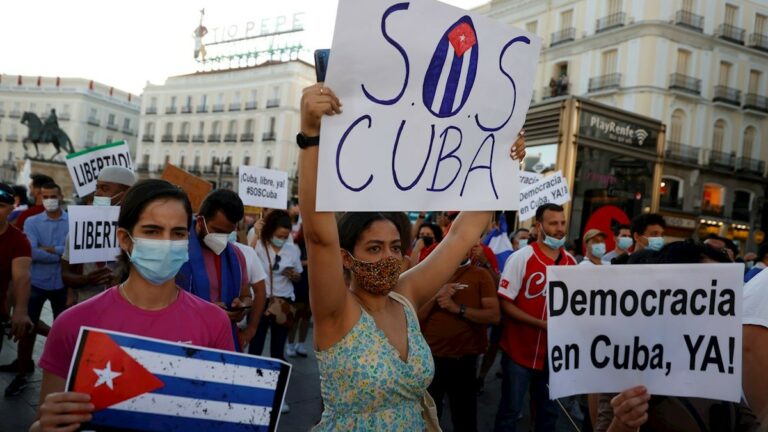
In its most recent report on Cuba, the Mexican-based NGO Articulo 19 included a special section detailing the differentiated, machista tactics the Cuban regime has used “to frighten, silence and expel women from the public sphere.” The report from this organization dedicated to defending press freedom in the world is entitled: “Paper democracy”.
The document notes a dramatic increase in the repression exercised against dissident journalists and activists on the island. In the specific case of women, the average number of aggressive acts suffered over a year’s time by each (independent) female journalist increased from 8 in 2020, to 11 in 2021.
More concretely: in the first semester of 2021, 289 aggressive acts were reported — 174 against women journalists, and 115 against activists. This was a slightly higher number than the 284 repressive acts counted in 2020: at that time, 192 against journalists and 82 against activists. The total number of aggressions rose despite the fact that the number of women suffering these attacks shrank —from 34 in 2020, to 27 in the six-month period analyzed in 2021.
The text of the report includes testimony from several of these women detailing the nature of the attacks they received.
One of those cited is Leidys Despaigne Barrero, wife of independent journalist Julio Aleaga Pesant and mother of a one-year-old boy. In April 2020, she received a threat that she’d be forcefully displaced from Havana and relocated to Cuba’s easternmost city of Santiago if she didn’t cooperate with State Security in regards to her husband’s work. “They told me they were going to separate me from my son, that they were going to send me to Eastern Cuba, and that I’d never again be allowed to enter Havana,” Despaigne Barrero declared.
In July of the same year, independent journalist Yadisley Rodriguez Ramirez denounced threats from the Cuban authorities to terminate her custody over her three children if she continued with her work.
“Of course, that’s always their threat: to take away my children. According to them (State Security agents) I don’t have the capability of caring for them (…) nor am I cultivating good ideas in them. They want them to be indoctrinated, the way they’ve indoctrinated all the children in Cuba.”
Regarding this type of threat, analysts from Articulo 19 referred to the much-discussed Cuban Family Code (Law #1289). This statute establishes that parents can lose custody of their children if they’re found to be involved in dangerous behaviors, or if they fail to comply with their duty to “cultivate love of country, respect for its symbols and due appreciation for its values, an international spirit, the norms of coexistence, and socialist morals.”
“State Security utilizes children for blackmail, to achieve their purposes and demonstrate their domination of women. They take advantage of the special significance that children have for them. In that way, the Cuban government exercises an indirect macho violence, to frighten, silence and expel women from the public sphere,” the text reads.
State Security’s threats to Rosemelis Hernandez fit this same pattern. Hernandez, who has a daughter with defiant rap singer Maykel Castillo “Osorbo”, was threatened with losing custody of her four-year-old daughter because she wasn’t “teaching her the true concepts of Revolution.”
“However,” the NGO report continues, “the preferred method for attacking women journalists, activists, human rights advocates and artists is imposing house arrest.” The report states that such confinements represented 64% of the repressive actions in 2020, and 72% in 2021. Such house arrests have the greatest impact on women, since “they find themselves unable to pick up their children from school, or to buy basic goods. The effects of this aren’t just professional, but ripple through the family circle.”
Another type of aggressive tactic noted in the report is spreading smear campaigns. There were six of these in 2020, and 11 in 2021. The most noteworthy ones were the campaigns targeting artist Tania Bruguera and journalists Ileana Hernandez, Elaine Diaz, Yoani Sanchez and Camila Acosta.
In the case of women, the smear campaigns concentrate most on sexual slander, like being “prostitutes”. In contrast, the men are habitually accused of aiding a foreign government or being “a spy”.
In all cases, according to the report, the smear campaigns can be catalogued as a form of violence. The UN Special Rapporteur for Freedom of Opinion and Expression catalogues this as “gender disinformation (…) which bases itself on the use of false or dishonest stories using gender and sex against women, often with a certain degree of coordination, in order to dissuade them from participating in public affairs.”
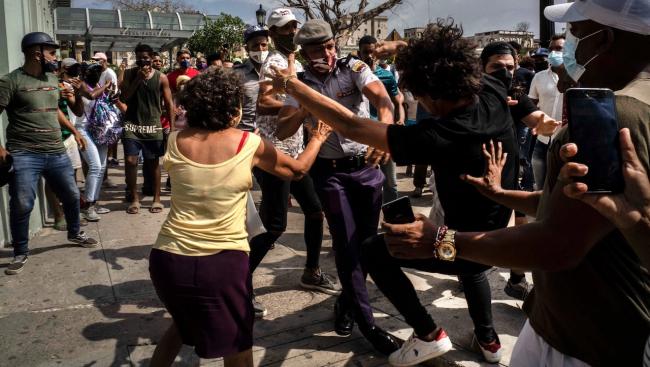
With respect to these coordinated smear campaigns, Articulo 19 cited the words of Camila Acosta in an interview she gave the NGO.
“The smear campaigns against women seek to portray us as tacky and as prostitutes. In no way do they recognize us as professional women, women with degrees. What they want is to denigrate us, to take away our credibility.”
Acosta herself reminded the analysts of another form of aggression, by speaking of one of the many arbitrary detentions she’s suffered in the last few years:
“I was detained on July 31 last year, while we were in the middle of the campaign against Decree-Law 370. We were planning to hold a peaceful protest, but word got out. They detained me on the street. They forced me to take off my clothes, they told me to crouch down, and all that kind of humiliation.”
The report notes that there’s also been an increase in this sort of activity, especially after the anti-government protests that took place on July 11. It’s been used especially against the demonstrators and the journalists that covered the mobilizations.
The NGO considers the repressive actions against dissident Cuban women as “gender censorship”. The section concludes: “fear for her life, that of her children and of her families is an effective mechanism for imposing censorship on women and removing them from the public sphere.”
“Articulo 19 recalls that the full participation of women in all levels of decision-making is essential for achieving equality, sustainable development, peace and democracy,” the report states.
▶ Vuela con nosotras
Nuestro proyecto, incluyendo el Observatorio de Género de Alas Tensas (OGAT), y contenidos como este, son el resultado del esfuerzo de muchas personas. Trabajamos de manera independiente en la búsqueda de la verdad, por la igualdad y la justicia social, por la denuncia y la prevención contra toda forma de violencia de género y otras opresiones. Todos nuestros contenidos son de acceso libre y gratuito en Internet. Necesitamos apoyo para poder continuar. Ayúdanos a mantener el vuelo, colabora con una pequeña donación haciendo clic aquí.
(Para cualquier propuesta, sugerencia u otro tipo de colaboración, escríbenos a: contacto@alastensas.com)




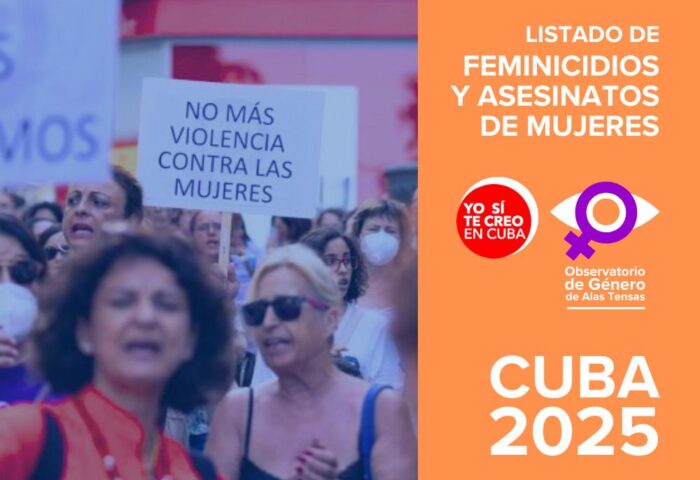
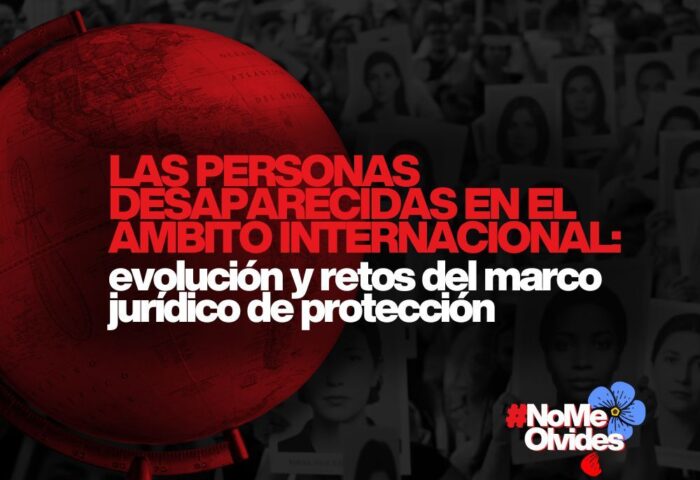
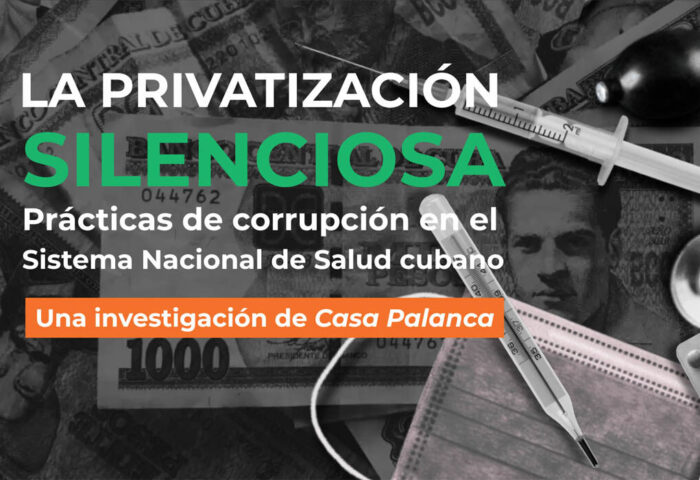
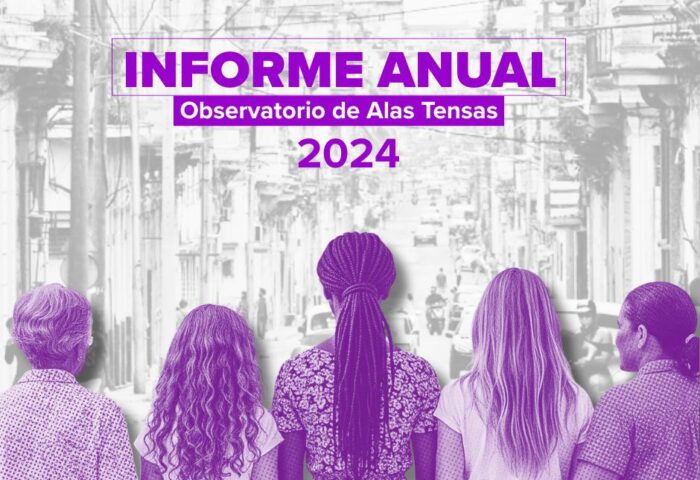
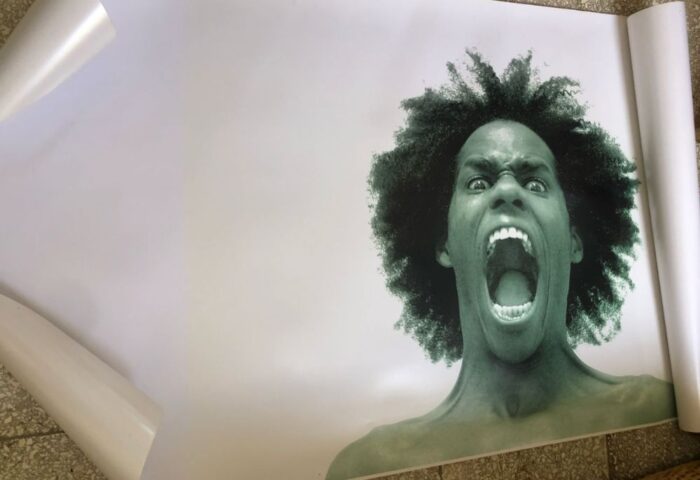
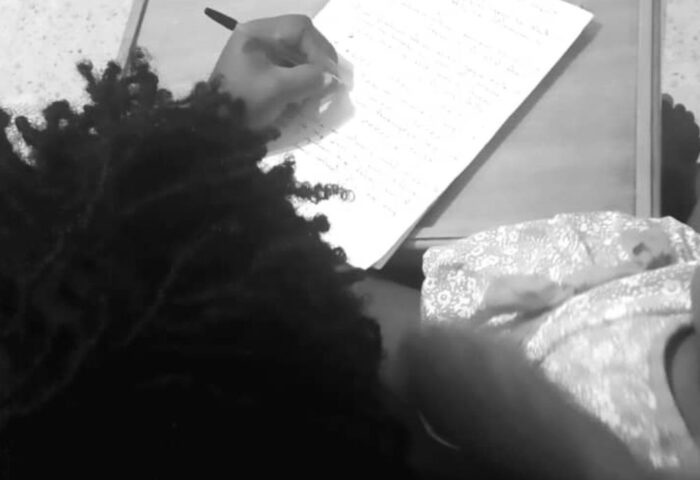
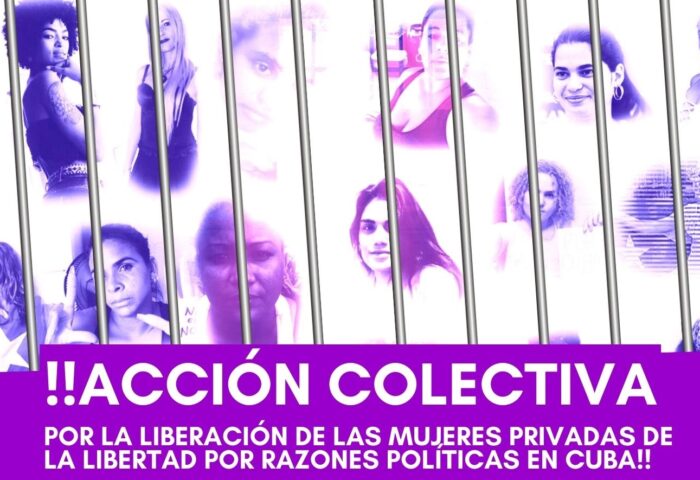
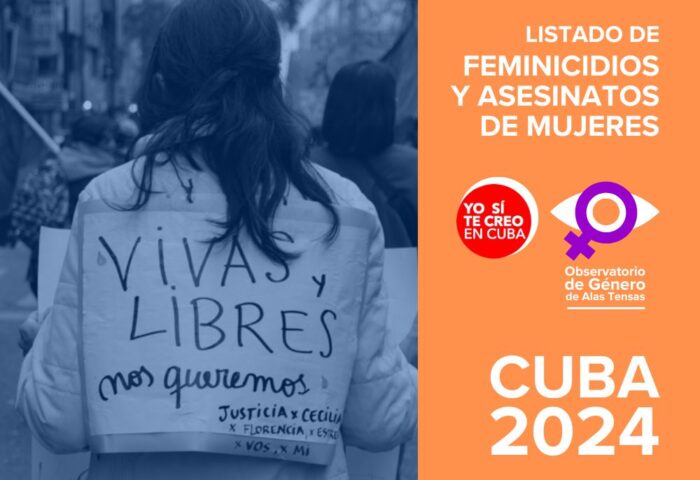
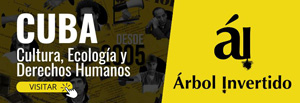

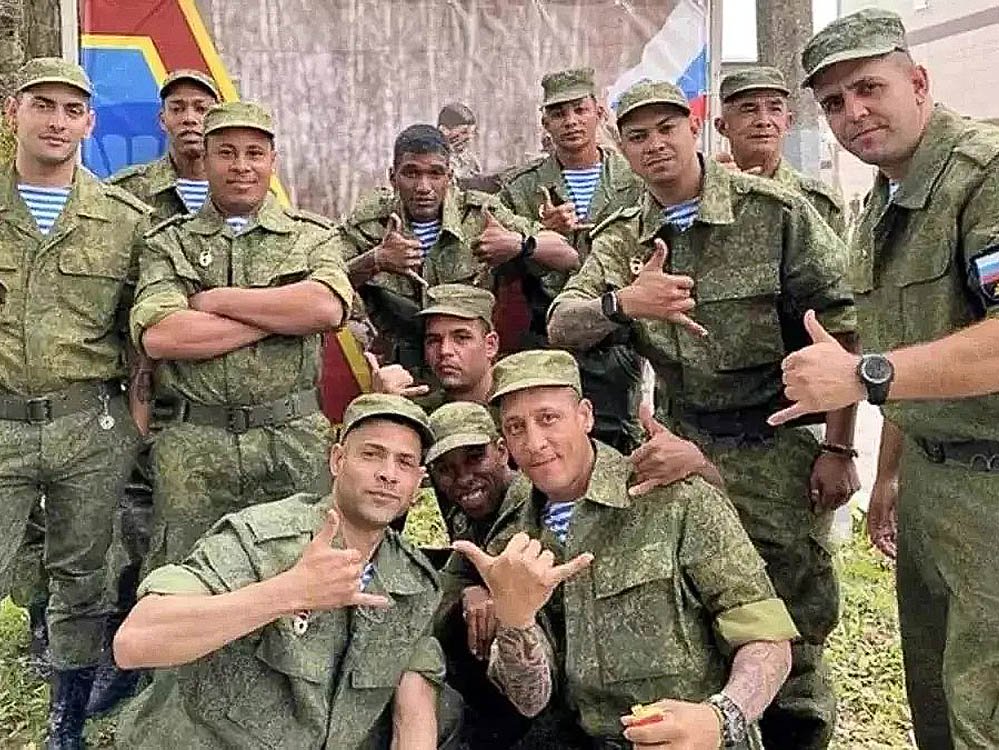
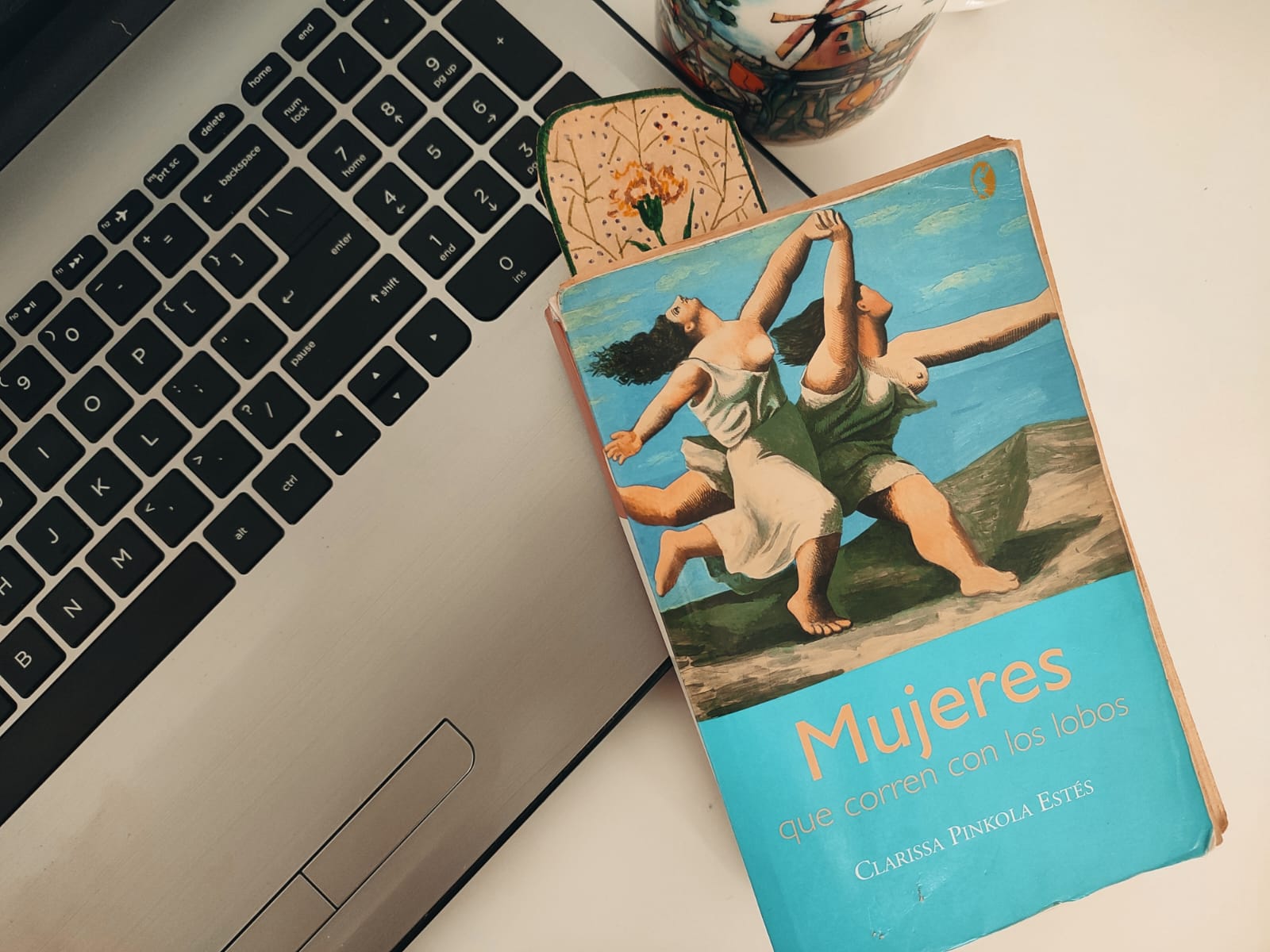


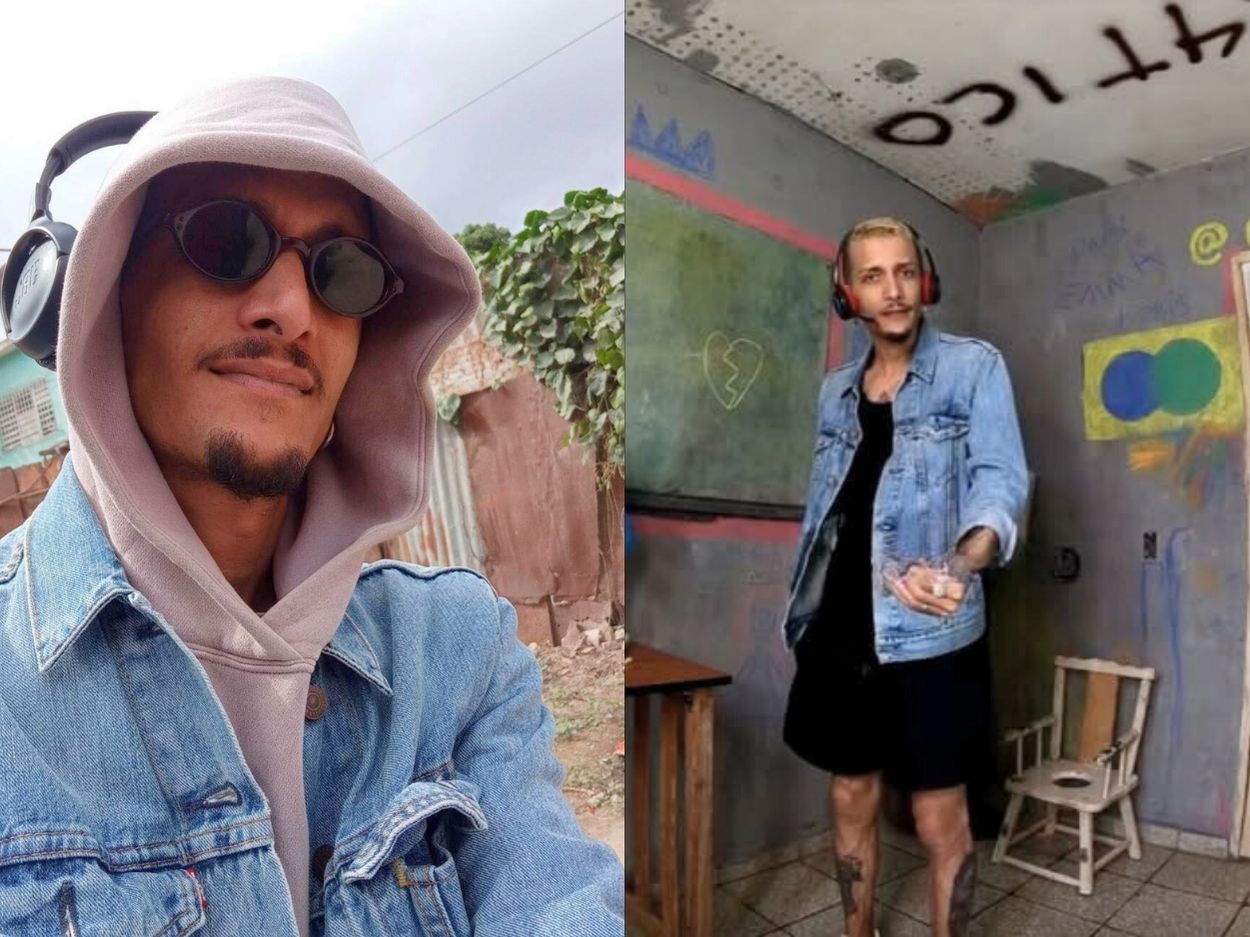
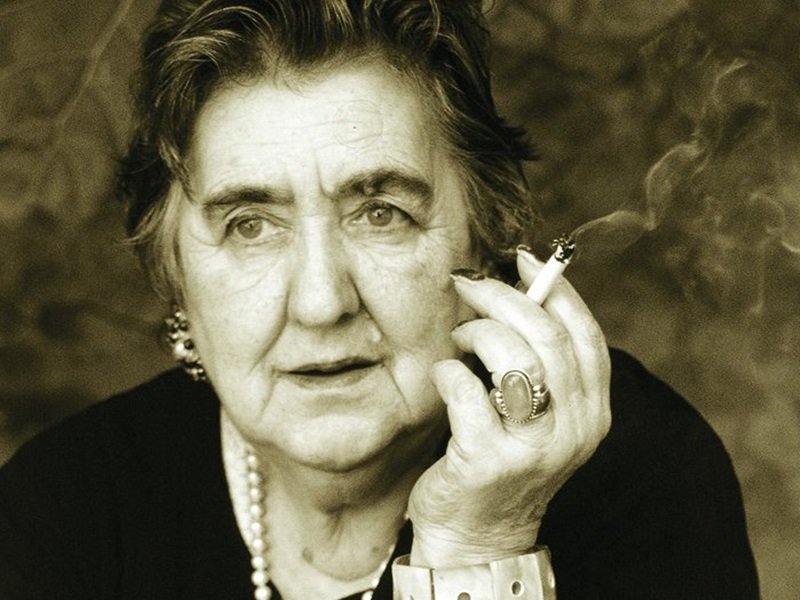

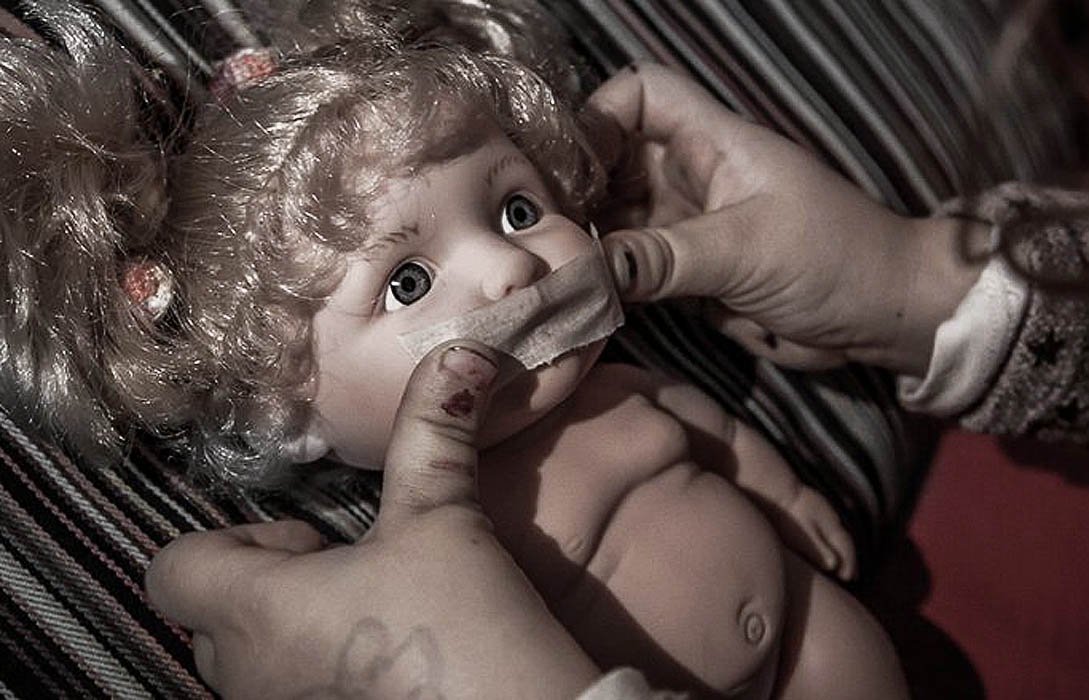
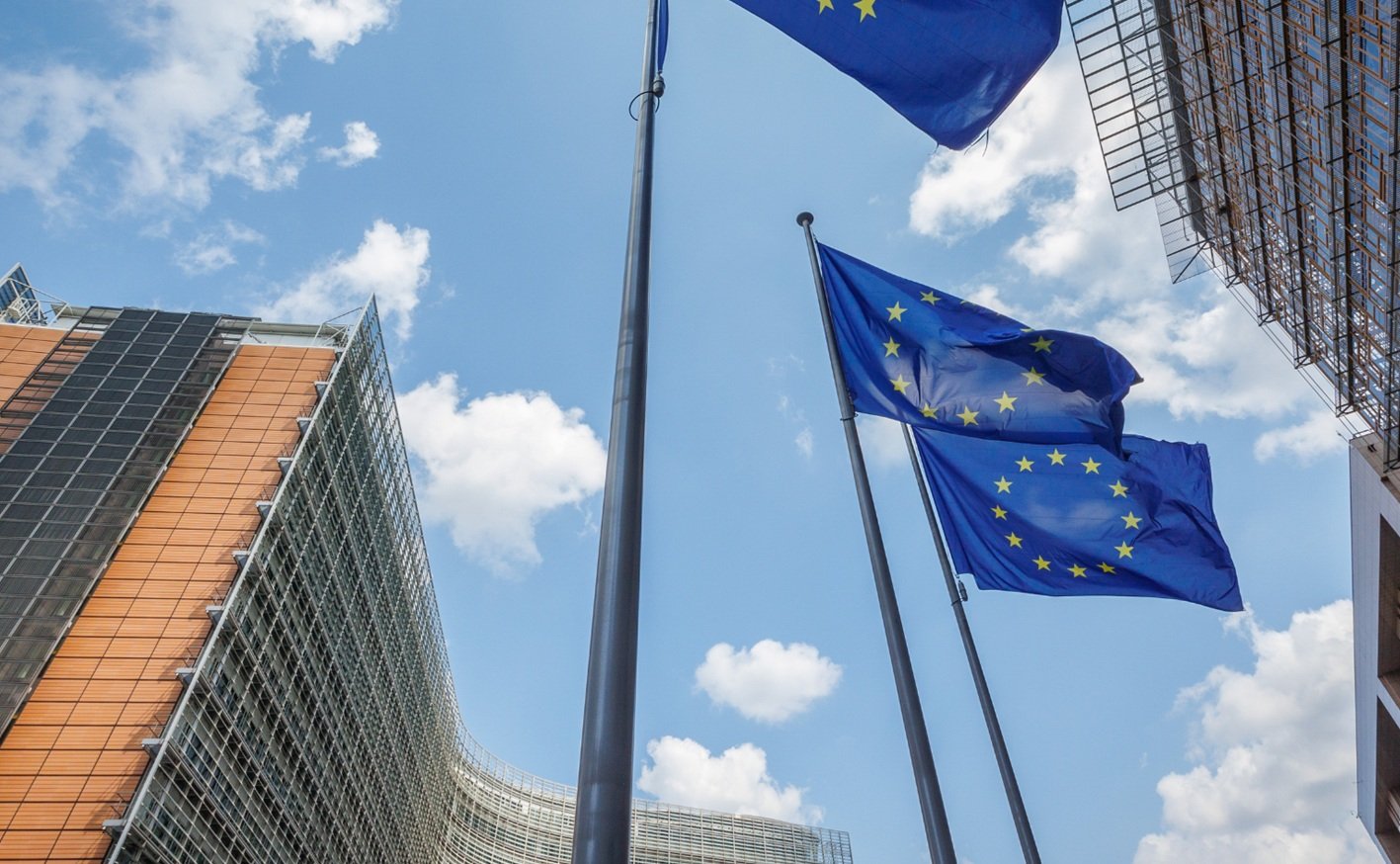

Responder